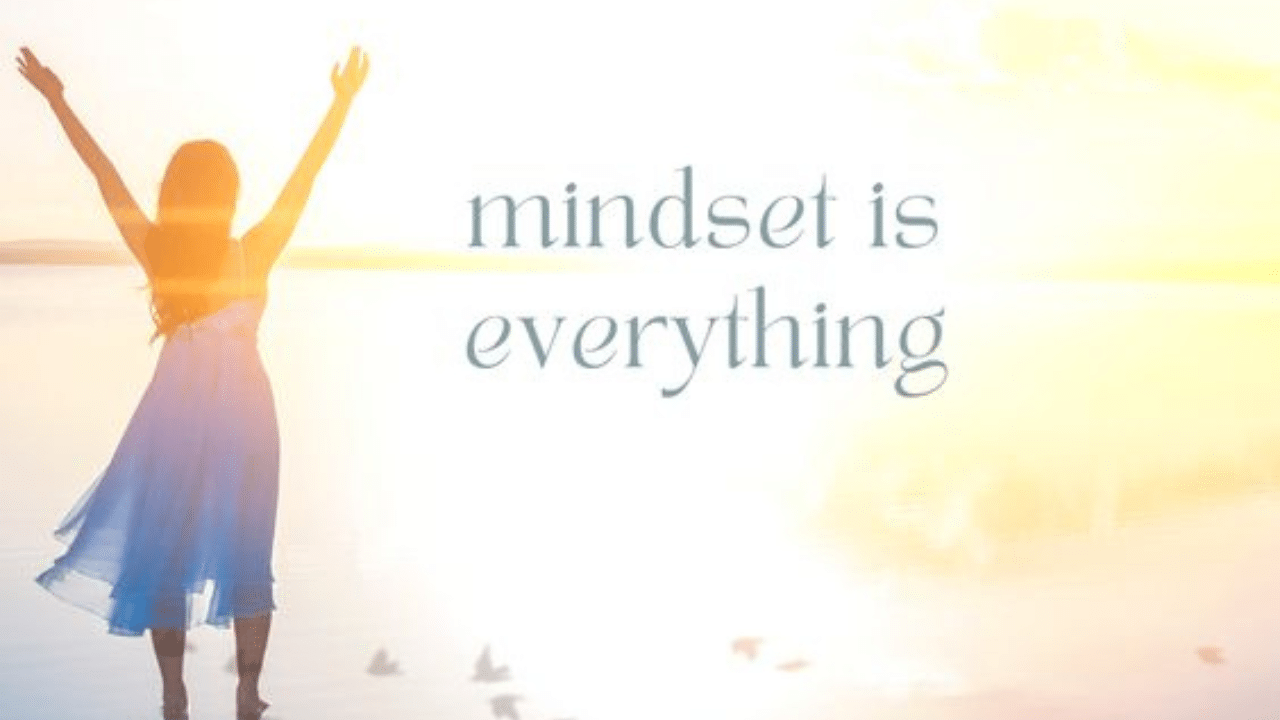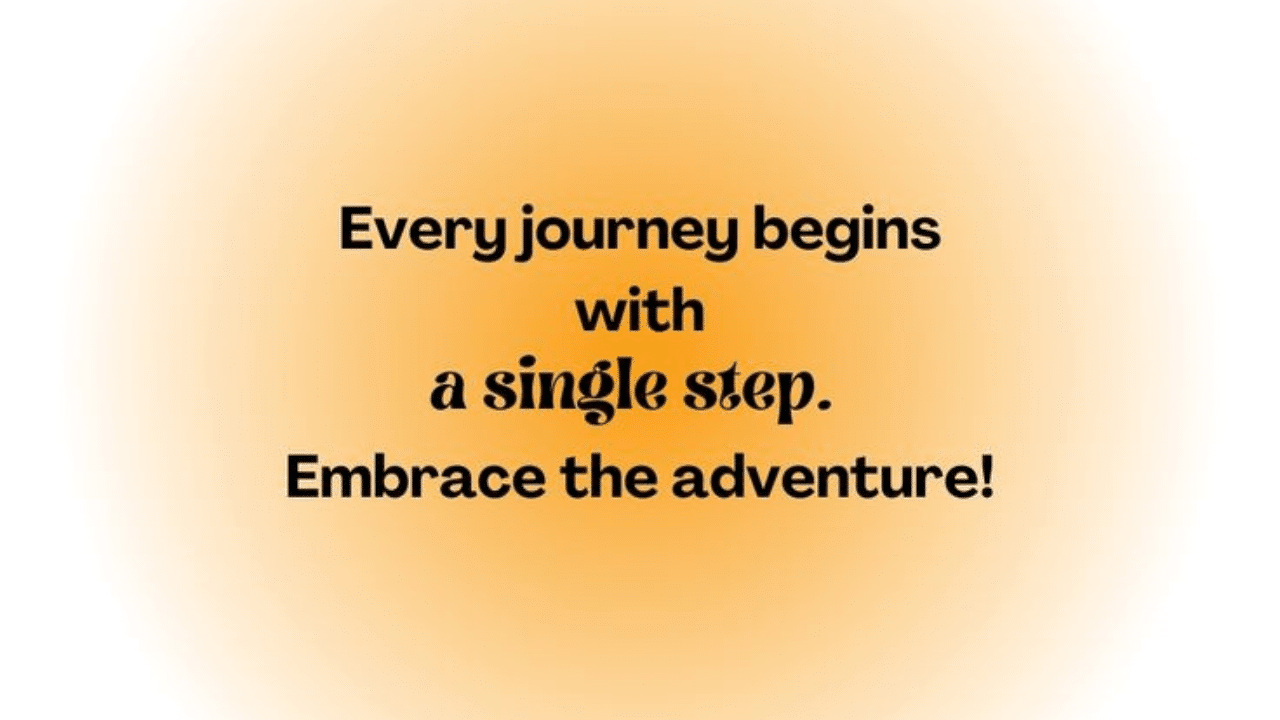The word “bummer” https://www.slangsphere.com/what-does-bummer-mean-in-slang/ is one of those expressive slang terms that can sum up a wide range of emotions with just a single word. Used to describe moments of disappointment, frustration, or missed opportunities, it captures the feeling when things don’t quite go as planned. But “bummer” is more than a word—it’s an emotional shorthand for the twists and turns of life.
A Simple Definition: What “Bummer” Really Means 🤔
In slang, “bummer” describes anything that causes a sense of disappointment or frustration. Imagine you’ve been looking forward to a concert, only to find it’s been canceled. Or maybe you’ve got a weekend beach trip planned, but the weather forecast suddenly calls for rain. That letdown, that feeling of “Ugh, really?”—that’s the essence of a “bummer”.

But there’s something special about this word. It doesn’t point fingers or place blame. Instead, it sympathizes with the way life sometimes doesn’t match up with our hopes.
The Origins: A Journey Through 60s Culture ✌️

The term “bummer” made its way into popular culture in the 1960s during a time of deep social change. The hippie counterculture popularized it, using it to express disappointment over situations that didn’t align with their ideals. In this context, “bummer” wasn’t just about personal frustration; it became a shared feeling—a gentle acknowledgment that life’s journey often includes some unexpected detours.
Embracing the “Bummer” Moments 🌦️
Feeling disappointed? We all do, but that’s just part of the human experience. When we say something is a “bummer,” it’s almost like giving ourselves permission to feel disappointed without getting stuck in the emotion. Rather than wallowing, it’s a way to release the feeling and move forward with resilience.

Here’s the beauty of a “bummer” moment:
- Growth Opportunities 🌱: Often, a “bummer” redirects us toward something better. That canceled concert?
- Shared Humanity 🤝: Using the word “bummer” helps us connect with others. When we express our disappointments, it reminds others that they’re not alone in theirs.
Different Ways People Use “Bummer” in Everyday Life 🎢
“Bummer” can show up in several forms, depending on how you’re feeling and who you’re talking to.

- Small Frustrations 🧃: “I missed the last donut? Total bummer!” This usage captures the feeling of missing out, even if it’s on something minor.
- Empathy for Others 🤗: “Your trip got postponed? Bummer!” In this case, it shows a sense of shared disappointment and connection.
Each way it’s used shows that “bummer” is a flexible, adaptable term for handling life’s little (and big) letdowns.
Why “Bummer” Resonates So Much 🌀
The power of the word “bummer” lies in its simplicity. There’s a warmth to it—no harshness, just a gentle acknowledgment that not everything goes our way. Sometimes, we want to say “I’m disappointed,” without going too deep. It allows us to move through life’s challenges while staying upbeat.

It’s interesting to think that a single word can hold so much meaning: a chance to let go, empathize, and even laugh at our own struggles. We can embrace a “bummer” as part of our path, knowing that every setback holds something valuable—whether it’s patience, resilience, or just a funny story to tell later on.
Sure! Here’s a deeper dive into how “bummer” has evolved over time and why it continues to resonate today.
The Evolution of “Bummer” Through Generations 🌍
While “bummer” may have peaked in popularity during the ’60s and ’70s, its timeless quality has kept it relevant. Each generation puts its own twist on the word, making it uniquely theirs:

- Baby Boomers saw “bummer” as a way to express dissatisfaction without harshness, often in reaction to cultural shifts or missed ideals.
- Generation X kept the term alive as a shorthand for everyday disappointments, often with a touch of humor or irony. For them, it was an easy, relatable way to stay grounded amid life’s ups and downs.
- Millennials embraced “bummer” in digital conversations, using it to convey empathy and understanding in the age of texting and social media. In a world where many connections happen online, “bummer” is a quick, friendly way to say, “I feel you.”
- Gen Z, known for their desire for authenticity, still finds value in “bummer” because it’s straightforward and unpretentious. It feels real—a break from more exaggerated or dramatic terms. For Gen Z, using “bummer” is almost a signal of being laid-back and resilient, in tune with life’s occasional downswings.
The word’s ability to adapt reflects its universal appeal. It doesn’t demand attention or elaborate explanations—it’s a quick nod to the shared experience of being human.
How “Bummer” Shows Up in Pop Culture 🎬
From movies to music, “bummer” continues to find a place in pop culture, adding to its lasting relevance. Filmmakers and songwriters use it to emphasize the poignancy of small disappointments or missed connections, giving audiences something universally relatable. Characters might utter, “Bummer,” after a rough day or a heartbreak, and audiences everywhere immediately get it.

Examples:
- In Films 🎥: Characters in classic and modern films alike use “bummer” to react to small setbacks. When a character says it, it often lightens the scene, creating a moment of quiet understanding.
- In Music 🎶: The phrase makes appearances in songs that capture melancholy or the bittersweet beauty of life’s letdowns. Some artists even use the word to convey raw, relatable lyrics, resonating with listeners who find comfort in knowing they’re not alone.
Pop culture not only keeps the word alive but adds depth to its meaning, showing that sometimes a “bummer” is just a chapter in a larger story.
How to Embrace “Bummer” Moments with Humor and Grace 🎭
Life is unpredictable. When we encounter a “bummer,” it’s easy to get caught up in frustration or disappointment. But there’s a way to use humor and lightheartedness to navigate these moments:

- Laugh at the Small Stuff 😂: If you spill coffee on your shirt right before a meeting, instead of stressing, you might just say, “Bummer!” and roll with it. Humor eases the tension and helps you refocus on the bigger picture.
- Find a Silver Lining 🌤️: Often, a “bummer” leads to new possibilities. Think of it as a plot twist. Maybe missing that train means you run into an old friend or discover a new favorite book at the station.
- Practice Gratitude 💫: Even in bummer moments, there’s a chance to appreciate what you do have. Didn’t get that promotion? It might just be an opportunity to reassess your goals and discover a better path.
With humor, gratitude, and a bit of perspective, you can turn even the biggest bummers into moments of personal growth.
When “Bummer” Becomes a Bonding Word 🤗
One of the best parts about “bummer” is how it brings people together. It’s a word that invites empathy, helping others relate and connect without needing to say much. Sharing bummer moments with friends, family, or even strangers makes for a surprisingly bonding experience:

- Group Chats 💬: In a close-knit group chat, everyone can share their small daily bummers—a tough day at work, a delayed flight, a missing package. Sharing these minor letdowns strengthens connections, as everyone can chime in with understanding and humor.
- Social Media 📱: People often share their bummers on social media, not as complaints but as relatable moments. Followers might react with a “Same!” or “I feel you,” turning that disappointment into a moment of community support.
- Conversations with Friends 🍕: Ever had a bummer pizza night where your order arrived wrong? Laughing over it with friends, you’re likely to remember that evening fondly, a small mishap that somehow made the night more memorable.
Using “bummer” in these ways shows its power to transform disappointment into camaraderie. It reminds us we’re all in this together.
Certainly! Let’s delve even deeper, exploring how “bummer” can lead to reflection, personal growth, and even creativity.
Bummer Moments as Life Lessons 🧭
Sometimes, a “bummer” isn’t just an unfortunate event—it’s a teaching moment. Life often presents us with challenges and small setbacks that reveal important insights about ourselves. While we don’t always see it in the moment, these “bummer” times can act as stepping stones toward something better.

- Learning Resilience 💪: Facing disappointments, especially those we can’t control, strengthens resilience. Each “bummer” becomes a way to build inner toughness, teaching us to roll with the punches instead of letting them keep us down.
- Patience and Adaptability 🌊: Sometimes, a bummer moment simply requires us to wait. Like missing a flight or having to reschedule plans, these situations develop our patience. Adaptability grows as we learn to accept the unexpected without letting it disrupt our peace of mind.
- Perspective on Priorities 🎯: Often, bummers prompt us to reconsider what truly matters. Missing out on a material possession, for example, may reveal that our relationships or personal fulfillment hold far greater value.
These small life lessons shape our character, making us stronger and more prepared for whatever comes next. It’s a reminder that sometimes, life’s challenges are quietly helping us grow in the background.
How to Turn Bummer Moments into Creative Inspiration 🎨
Some of the most creative ideas and breakthroughs come from moments of frustration. Artists, writers, musicians, and creators across all fields often draw from life’s “bummer” experiences to fuel their work.

How Bummer Moments Fuel Creativity:
- Storytelling 📚: Some of the best stories come from real-life setbacks. Sharing tales of personal bummers can be therapeutic, relatable, and engaging, helping others feel connected to the storyteller.
- Artistic Expression 🎭: Feelings of disappointment or frustration are powerful fuels for expression. Artists, for instance, might paint their emotions, while songwriters could turn their feelings into lyrics. This cathartic process channels “bummer” moments into beautiful art that resonates with others.
- Problem-Solving Inspiration 💡: Often, the frustration of a bummer moment sparks creative solutions. Many inventions, apps, and products we rely on today were born out of someone trying to solve a personal problem.
By viewing each “bummer” as a creative prompt, you may find surprising ways to turn life’s disappointments into powerful, inspiring works of art or helpful solutions.
The “Bummer” Mindset: Embracing Imperfection 🌀
At its core, the word “bummer” reminds us of an essential truth—life isn’t perfect, and that’s okay. Embracing a mindset that finds peace in the imperfect allows us to see “bummer” moments not as obstacles but as part of the larger journey.

Benefits of Embracing Imperfection:
- Releases Unnecessary Pressure 🎈: When we accept that not everything will go as planned, we allow ourselves to be more flexible. There’s no pressure to achieve perfection; instead, we can focus on enjoying the process.
- Builds Self-Compassion 🤲: Recognizing that everyone faces bummers encourages kindness toward ourselves. When we see that even the most successful people experience setbacks, it becomes easier to let go of self-criticism.
- Encourages Risk-Taking 🧗: Accepting imperfection also reduces the fear of failure. If a project doesn’t go as planned, it’s not the end—it’s just another bummer. This mindset opens doors to try new things without fearing the outcome.
Embracing imperfection makes life’s disappointments feel less daunting, allowing us to laugh off the little bummers and move forward with renewed perspective.
Finding Humor in Bummer Moments: The Art of Laughing at Life 😆
Sometimes, laughter is the best medicine. When life doesn’t go our way, finding humor can be a powerful way to release tension and bring joy back into the moment. Laughing at “bummer” situations can transform what feels like a bad experience into a memorable one.

Examples of Finding Humor in Bummer Moments:
- Everyday Mishaps 🍕: Imagine ordering pizza and getting the wrong toppings. Sure, it’s a bummer, but laughing about it with friends can turn it into an inside joke or funny memory.
- Unexpected Travel Troubles ✈️: Flights get delayed, bags go missing, and it rains during a beach trip. These are classic bummers that feel frustrating at the moment. However, laughing them off (maybe even snapping a funny photo) makes them stories you can look back on with a smile.
- Awkward Social Moments 😳: Who hasn’t said something embarrassing or tripped in public? Embracing these bummers with humor not only diffuses awkwardness but makes us feel less self-conscious.
Laughter helps us lighten up, see our lives as a grand comedy, and find joy even in the smallest setbacks.
Why We All Need a “Bummer” Perspective Shift 🌈
Imagine if, instead of dreading or feeling frustrated by disappointments, we saw them as part of a rich, full life experience. Reframing “bummer” moments gives us the power to transform these minor setbacks into something meaningful. It’s about accepting that life is a mix of highs and lows, and the bummers only add depth to our story.

Steps to Shift Your Perspective:
- Pause and Reflect 🧘: Take a moment to notice how you feel. Recognize the disappointment without judgment.
- Find the Silver Lining 🌞: Ask yourself, “What’s the upside here?” There’s often a hidden benefit, a lesson, or a new perspective that emerges from each bummer.
- Laugh It Off 😂: When possible, find humor in the situation. Letting yourself laugh about it, even if just a little, can help release the weight of disappointment.
- Share It with Someone 🤗: Sharing your bummer with a friend, family member, or social media can turn it into a moment of connection. Often, others will chime in with their own relatable stories, making your experience feel lighter.
By reframing life’s bummers as opportunities for growth, connection, or even creativity, we unlock the true beauty in life’s imperfect journey.
Embrace Your Bummers—They’re Part of the Adventure 🌍
In the end, life’s bummers remind us that things won’t always go according to plan—and that’s okay. From each letdown, we gain resilience, laughter, and unexpected joy. Next time you face a bummer, remember: it’s just one chapter in the story, a small piece of the greater adventure that makes life uniquely yours.

So here’s to the bummers, the twists, and the surprises. They might not be what we wished for, but they’re exactly what we need to make life real, honest, and memorable.
Final Thoughts: Turning Bummers into Blessings 🌈
Life will always have bummers, but it’s how we respond that matters. When you encounter one, remember: you have a choice. Embrace the lesson, laugh at the irony, or reach out to a friend who might just say, “That is a bummer.” And in that moment, even the rough patches become stepping stones on the way to something better.

Explore These:
https://slanggalaxy.com/fruit-ninja-pics/
So, next time you face a bummer, remember that it’s just part of the journey. And who knows? That canceled concert, missed flight, or rainy weekend might lead to a new adventure you’d never planned on.







